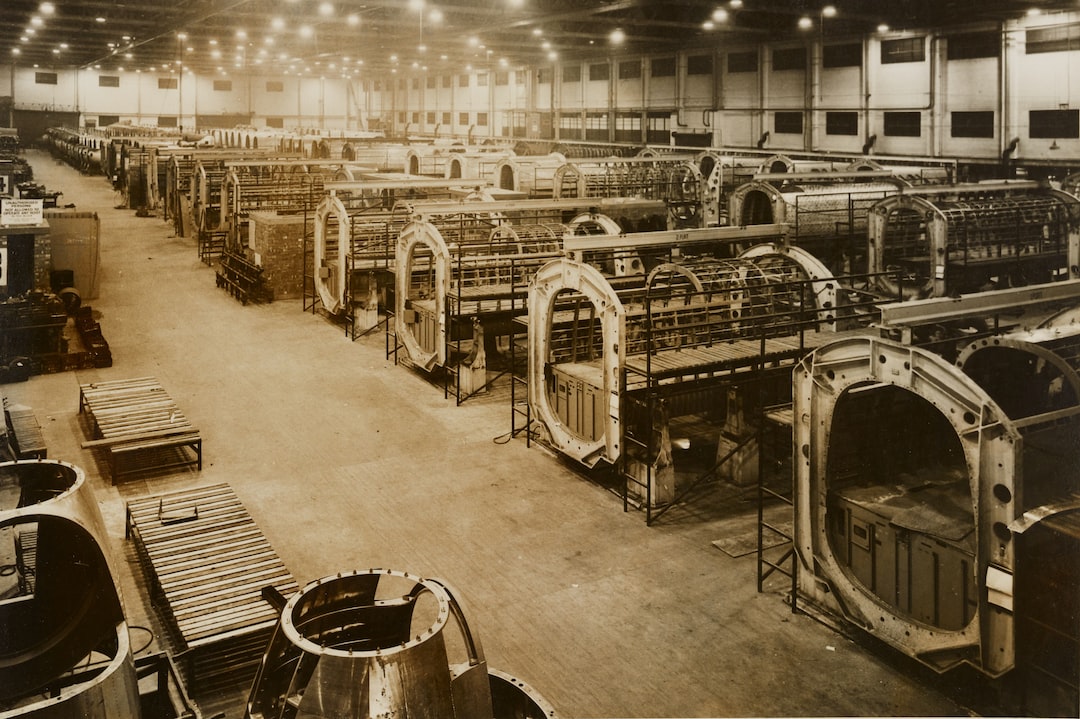In today’s complex manufacturing landscape, companies are constantly generating and sharing vast amounts of information. As such, organizations that effectively manage their knowledge can gain a competitive edge in terms of increasing productivity, streamlining processes, and accelerating innovation. In this regard, knowledge management systems (KMS) are increasingly being adopted by manufacturers worldwide. This article will explore the benefits of using a knowledge management system in manufacturing and how it can improve efficiency, reduce costs, enhance decision-making, and foster a culture of knowledge sharing.
First and foremost, a KMS can improve efficiency by providing a tool for employees to capture, store, and share knowledge across the organization. The ability to quickly access information can significantly reduce time and costs spent on training, troubleshooting, and problem-solving. Knowledge management systems also enable companies to maintain a centralized repository of data, which eliminates the need for redundancy and duplication. With a KMS, employees can quickly locate relevant data, build on previous work, and reduce overall time-to-market for new products.
Secondly, KMS can help to reduce costs by streamlining processes and eliminating potential errors. With real-time data insights, managers can accurately measure and optimize processes, identify areas that need improvement, and track key performance indicators (KPIs). Furthermore, KMS can minimize compliance risks by enabling teams to access and maintain up-to-date regulatory documents, compliance standards, and industry-specific information.
Thirdly, KMS can enhance decision-making by providing easy access to data-driven insights. With a centralized repository of knowledge, managers can quickly access information to make informed decisions rather than relying on intuition. KMS also provides data visualization and analytics tools, which enable managers to visualize trends, relationships, and patterns in real-time. By leveraging data insights from a KMS, managers can make accurate predictions, identify strategic opportunities, and make informed decisions that drive better business outcomes.
Finally, a KMS can foster a culture of knowledge sharing, which is essential for innovation and continuous improvement. By facilitating collaboration and sharing, employees can learn from each other, build on previous work, and avoid potential pitfalls. KMS can help to break down silos and enhance cross-functional communication, which ultimately leads to better outcomes and more satisfied customers.
In conclusion, knowledge management systems provide invaluable benefits to manufacturers, from improving efficiency and reducing costs to enhancing decision-making and fostering a culture of knowledge sharing. With the ever-increasing amount of information generated in the manufacturing sector, companies must harness this data to gain a competitive edge. By adopting a KMS, organizations can better manage their knowledge, optimize their processes, and accelerate their innovation efforts.
